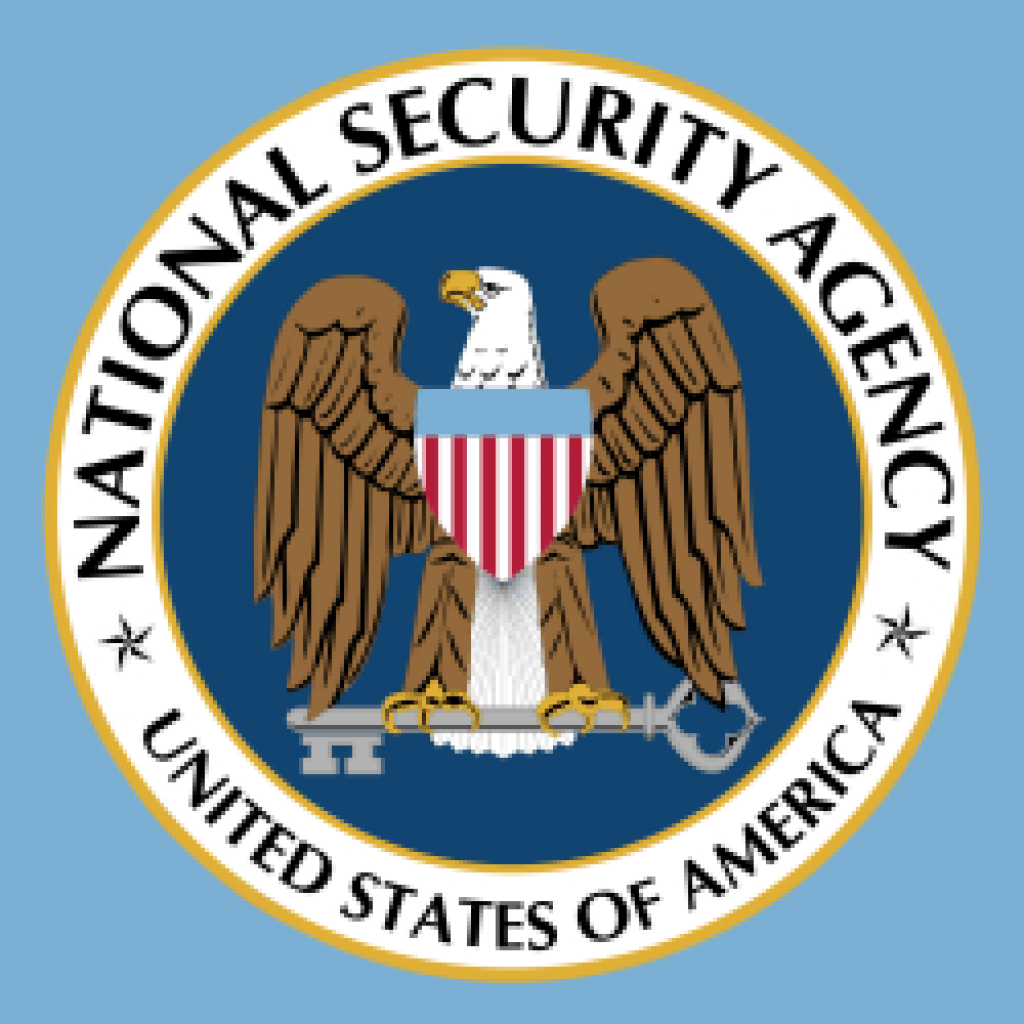(FinanceYahoo) The US is readying new encryption standards that will be so ironclad that even the nation’s top code-cracking agency says it won’t be able to bypass them. IQT-News summarizes a recent interview conducted by Reuter’s Katrina Manson with Rob Joyce, the NSA’s director of cybersecurity at the National Security Agency
“There are no backdoors,” said Rob Joyce, the NSA’s director of cybersecurity at the National Security Agency, in an interview with Bloomberg. A backdoor enables someone to exploit a deliberate, hidden flaw to break encryption. An encryption algorithm developed by the NSA was dropped as a federal standard in 2014 amid concerns that it contained a backdoor.
“Those candidate algorithms that NIST is running the competitions on all appear strong, secure, and what we need for quantum resistance,” Joyce said. “We’ve worked against all of them to make sure they are solid.”
The purpose of the open, public international scrutiny of the separate NIST algorithms is “to build trust and confidence,” he said.
The new standards are intended to withstand quantum computing, a developing technology that is expected to be able to solve math problems that today’s computers can’t. But it’s also one that the White House fears could allow the encrypted data that girds the U.S. economy – and national security secrets – to be hacked.
The contest by the National Institute of Standards and Technology, or NIST, is intended to update the algorithms that underpin widespread public-key cryptography that secures emails, online banking, medical records, access to control systems, some national security work and more. That system, developed in the 1970s, allows for the private exchange of information by relying on publicly accessible algorithms. Announcement of the winners is imminent, officials said.
NIST, which started the post-quantum contest in 2016, has taken pains to stress independence in overseeing the public competition, which is now down to seven finalists from 69 initial viable submissions “from all over the world.” While the NSA has helped design and edit NIST standards in the past, this time the institute has made all decisions about the new algorithms internally, relying on the expertise of its post-quantum cryptography team, a NIST spokesperson told Bloomberg.
“The reason they take so long to standardize is our confidence in them is a function of how many hours really smart people are taking to try to break them,” said Charles Tahan, director of the national quantum coordination office at the White House, in an interview.
